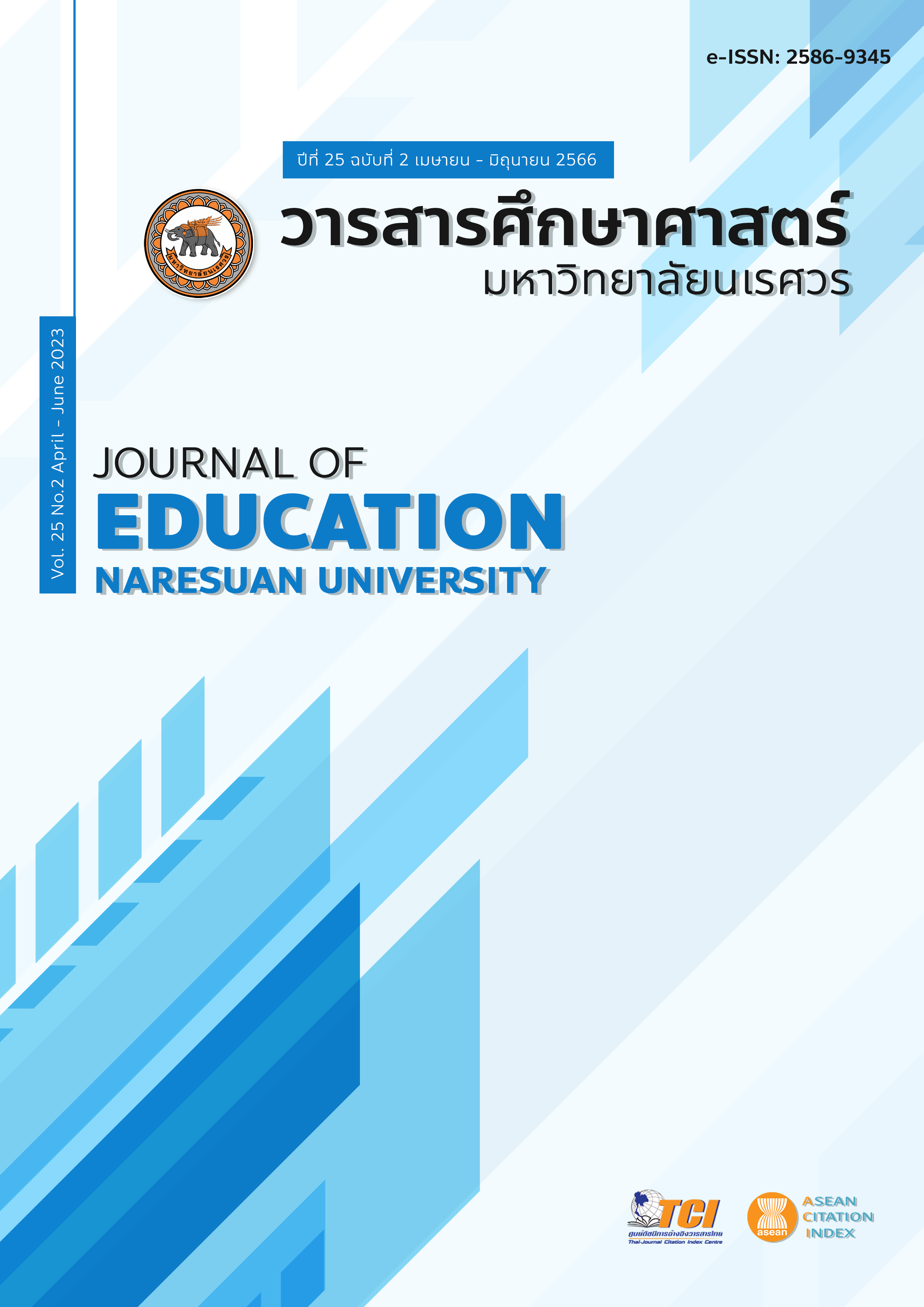PERCEPTIONS OF FILIPINO TEACHERS TOWARD ONLINE TEACHING
Main Article Content
Abstract
The central problem investigated in this study is to determine the perceptions of teachers toward online teaching. In doing this, the study has accumulated data from Western Mindanao State University, Zamboanga City This study was purely a qualitative method of research, specifically a phenomenological design to examine the substance of human experiences concerning a phenomenon. Through the non-probability sampling, particularly the convenience sampling, made the in-depth one-on-one interview possible and we were able to accumulate the data needed for answering the research questions. Results showed, out of the five (5) responses of the teacher-respondents, they viewed online teaching as helpful in times of pandemic, for instance in delivering the lesson and continuing to interact with the students virtually. In addition, respondents viewed online teaching as not a hindrance to students’ achievement. Though classes are more online-focused, students can still develop their literacy skills. There were also identified problems in online teaching, such as unstable internet connections, electric power interruptions, assessing students, gadgets, and platforms used. However, as the teacher-respondents pointed out, these cannot be a barrier because they all have plans in place before this could occur. The teacher-respondents from Integrated Laboratory School under the supervision of Western Mindanao State University in the Philippines have positive perceptions toward online teaching as one of the alternative ways to continue the quality of education being delivered to students. Despite problems encountered while teaching, they manage to search for possible courses of action; additionally, with a true passion for teaching, being adaptive, versatile, and flexible, these problems cannot be a hindrance.
Article Details

This work is licensed under a Creative Commons Attribution-NonCommercial-NoDerivatives 4.0 International License.
The owner of the article does not copy or violate any of its copyright. If any copyright infringement occurs or prosecution, in any case, the Editorial Board is not involved in all the rights to the owner of the article to be performed.
References
Brillantes, C. (2022, April). Online education in times of the pandemic: a quantitative study of the learning experiences among Filipino pre-service language teachers. International Journal on Integrated Education, 5(4), 329-348.
Cabangcala, R., Alieto, E., Estigoy, E., Delos Santos, M., & Torres, J. (2021). When language learning suddenly becomes online: Analyzing English as second language learners’ (ELLs) attitude and technological competence. TESOL International Journal, 16(4.3), 115-131.
Davis, F., Bagozzi R., & Warshaw P. (1989). User acceptance of computer technology: A comparison of two theoretical models. Management Science, 35(8), 982-1003.
De Leon, J. (2022). Exploring the impact of virtual classes on second language interaction among pre-service teachers. International Journal on Integrated Education, 5(4), 296-306.
Eickelmann, B., & Gerik, J. (2020). Learning with digital media: objectives in times of Corona and under special consideration of social inequities. Dtsch. Sch., 16, 153–162. DOI: 10.31244/9783830992318.09
Estrellan, A., Ferrariz, K., J., Lazona, A., Madres, V. E., & Estrellan, J. C. (2021). E-Learning amidst the pandemic: Teacher’s perspective in the Philippines. ASEAN Journal of Science and Engineering Education, 1(2), 93-96.
Ferri, F., Grifoni, P., & Guzzo, T. (2020). Online learning and emergency remote teaching: Opportunities and challenges in emergency situations. Societies, 10(4), 86. http://dx.doi.org/10.3390/soc10040086
Francisco, M. (2022). Perceptions on the use of microsoft teams as a platform for learning English in terms of interaction and learning environment: A quantitative study. International Journal on Integrated Education, 5(4), 16-30.
Handang, J. G. (2022). Readiness for Online Learning among Social Studies Students During the Pandemic. International Journal on Integrated Education, 5(4), 78-91. https://doi.org/10.31149/ijie.v54.2920
Huber, S. G., & Helm, C. (2020). COVID-19 and schooling: evaluation, assessment and accountability in times of crises-reacting quickly to explore key issues for policy, practice and research with the school barometer. Educ Assess Eval Account, 32(2), 237-270. DOI: 10.1007/s11092-020-09322-y
Hubona, G., & Kennick, E. (1996). The impact of external variables on information technology usage behavior. IEEE Proceedings of the Hawaii International Conference on System Sciences, Vol. 4, pp. 166-75.
Kulal, A., & Nayak, A. (2020). A study on perception of teachers and students toward online classes in Dakshina Kannada and Udupi District. Association of Open Universities Journal, 15(3), 285-296. https://doi.org/10.1108/AAOUJ-07-2020-0047
Lao, H., Lao, K., & Lao, K. (2022). Academic Procrastination in Virtual Classrooms: An Examination among Pre-Service Language Teachers during the Pandemic. International Journal on Integrated Education, 5(3), 221-243.
Lao, K., Pulalon, M., Lao, H., & Ramos, M. (2021). When classrooms become virtual: Challenges and coping mechanisms of prospective teachers. The Asian ESP Journal, 65- 93.
Rasmitadila, Aliyyah, R. R., Rachmadrullah, R., Samsudin, A., Syaodih, E., Nurtanto, M., & Tambunan, A. R. (2020). The perceptions of primary school teachers of online learning during the COVID-19 Pandemic Period: A case study in Indonesia. Journal of Ethnic and Cultural Studies, 7(2), 90-109. http://dx.doi.org/10.29333/ejecs/388
Reyes-Sokolowsky, A. (2020). Teachers’ perceptions of factors influencing students’ academic performance in online courses: A case study. Retrieved from https://digitalcommons.csp.edu/cup_commons_grad_edd/451
Saldariega, L., Handang, J., Gregorio, K., Joe, N., & Ruiz, G., (2022) Readiness for online learning: A study of perception among culture and arts students. International Journal of Recent Research in Social Sciences and Humanities, 9(2), 96-104.
Villanueva, K. (2022). Platform shift in education: Filipino undergraduate students’ attitude towards speaking english in the virtual classroom. International Journal on Integrated Education, 5(4), 307-320.
Wu, S. Y. (2021). How teachers conduct online teaching during the COVID-19 pandemic: A case study of Taiwan. Frontier in Education, 6, 675434. https://doi:10.3389/feduc.2021.675434
Yang, X. (2020). Teachers’ perception of large-scale online teaching as an epidemic prevention and control strategy in China. ECNU Review of Education, 3(4) 739-744. https://doi.org/10.1177/2096531120922244


